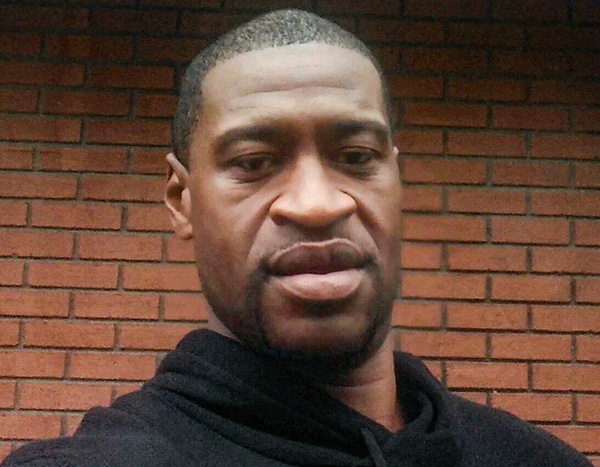
While new charges have been brought against the officers involved in George Floyd‘s death, what exactly do they mean?
On Wednesday, Minnesota Attorney General Keith Ellison, who is leading the prosecution in the case of Floyd’s death, announced that he had filed charges of aiding and abetting second-degree murder and aiding and abetting second-degree manslaughter against J.A. Kueng, Thomas Lane and Tou Thao, the three other former Minneapolis police officers who had been involved in Floyd’s arrest and later fired, but had not yet been charged in his death. They have since been arrested. Ellison also announced that he has also filed a second-degree murder charge against Derek Chauvin, who had been previously charged with third-degree murder and second-degree manslaughter.
While appearing remotely on Good Morning America on Thursday, Ellison broke down the charges and what would have to be proven. In discussing the new felony second-degree murder charge against Chauvin, Ellison said proving intent to kill is not one of the requirements of the charge.
“The requirement is that he intended to commit an assault and that assault resulted in the death of George Floyd,” he told George Stephanopoulos. “So, that is not one of the elements of that particular charge.”
As for the calls to bring forward a first-degree murder charge, which involves premeditation, Ellison said they have “charged the highest ethical charge that we feel we can at this point.”
“We will charge anything that the facts and the law allow,” he said. “We are not showing fear or favor to any person. If the facts show premeditation and deliberation and we can present that in front of jury in good faith, we absolutely will charge that particular count.”
In regard to the charges against the three other officers, Ellison said they have to prove “that they helped—and you can look at the tape and see who’s sitting where and see the assistance that was given, meaningful and important assistance to what Chauvin was doing—and we can also see what was not done, that even despite the pleas and the cries, there was no assistance rendered, so we believe that they were culpable they assisted in the commission of this offense and that is why we charged them.”
Stephanopoulos also raised the topic of other conditions Floyd was experiencing at the time of his death that were raised by the Hennepin County Medical Examiner in their autopsy. The report noted “arteriosclerotic and hypertensive heart disease; fentanyl intoxication; recent methamphetamine use.”
“How much of a challenge does that pose to your case?” the host asked.
As Ellison answered, “You take your victim as you find them. You can’t say that while the person who I victimized was not in the very perfect picture of health, so it’s their fault that they died at my hands. You take your victim as you find them and I believe that that is a factor that should not weigh, but the fact is you never know—those kind of things are things that some defense attorneys are gonna try to turn into. We don’t think that that matters in terms of proximate cause. Both of the medical examiner reports we’ve seen indicate homicide—death at the hands of another, so that is what we think is what matters most.”
Asked whether he believes they can get convictions in this case given the history of difficulty of winning police misconduct cases, Ellison said “yes, absolutely.”
“We are confident we can do this, but we understand the challenge in front of us,” he acknowledged, “which is why we’re working extra hard.”
Be the first to comment